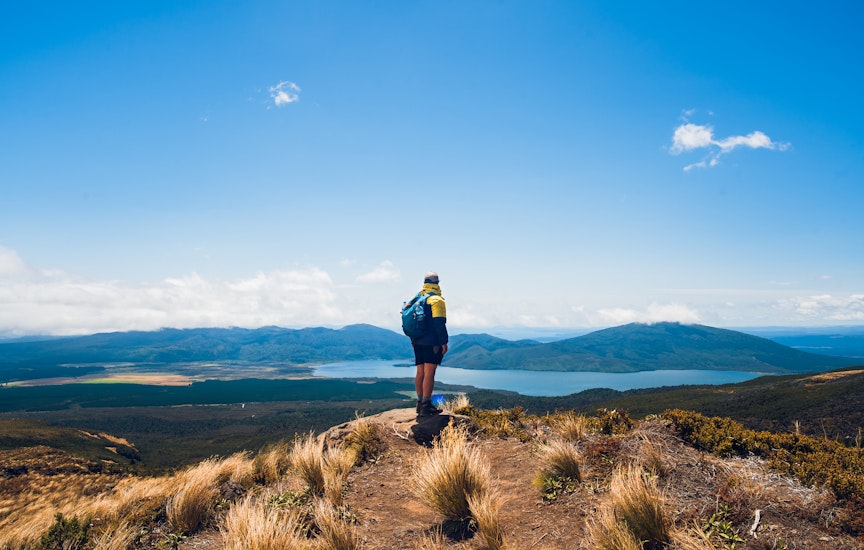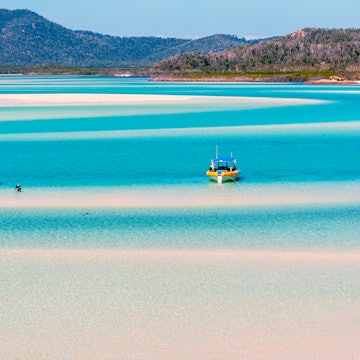

Lake Wakatipu. Spotmatik Ltd/Shutterstock
A land of snow-capped mountains, mirror lakes and lush forest, New Zealand comes up on many a traveler’s bucket list. But before you plot out your dream trip and get on a flight to Aotearoa (New Zealand’s Māori language name), it’s important to make sure that you have all your paperwork in order.
We've got all you need to know about whether you need a visa to travel to New Zealand this year.
You may not need a visa, but you might need a NZeTA
Citizens of Australia do not need a visa to travel to New Zealand and can easily visit the country. Australian citizens can also stay in New Zealand as long as they like.
In addition, certain countries and territories have visa waiver agreements with New Zealand, including the USA, the UK and most European countries. This means that citizens from these countries who intend to stay in New Zealand for less than 90 days do not need visas. However, citizens of visa waiver countries do need to fill out an Electronic Travel Authority (NZeTA) before arriving in the country. These cost 17 New Zealand dollars and can take up to 72 hours to process, so visitors need to fill out the form online before they leave for New Zealand.
Holders of passports from countries that don't have a visa waiver agreement with New Zealand need to apply for a visitor visa, which allows tourists to spend up to nine months in the country. The easiest way to do this is online. Visas take at least a month to process, so be sure to apply well in advance of your planned trip.

Anyone arriving in New Zealand must make a travel declaration
All visitors to New Zealand must have enough funds to cover their stay and proof of onward travel. They must also hold passports that are valid for at least three months after their planned departure.
Everyone entering New Zealand, including the country's passport holders, must complete a New Zealand Traveller Declaration (NZTD) before reaching passport control. You'll need to provide travel, customs, immigration and biosecurity information. There is no fee, and you can make the declaration online or via the NZTD app.
There are restrictions on what you can bring into New Zealand
As an island country, New Zealand has many rare plants and trees, and a strong commitment to biosecurity. To protect this unique environment, there are strict rules about what is not allowed in the country.
Any items that could present a biosecurity risk need to be declared when entering the country, including food, plants, animal products and outdoor equipment. Hiking boots and outdoor gear should be cleaned thoroughly prior to arrival. Travelers should check the guidelines ahead of time and ask border staff if they have any doubts about the items they are carrying.

New Zealand offers working holiday visas
For those who want to stay a little longer, working holiday visas are available to young people from many countries. These are usually open to people age 18 to 30 (or 18 to 35 for some nationalities) who want to travel and work in New Zealand, and are usually valid for up to 12 months, or 23 months for travelers from Canada and 36 months if you're from the UK.
















